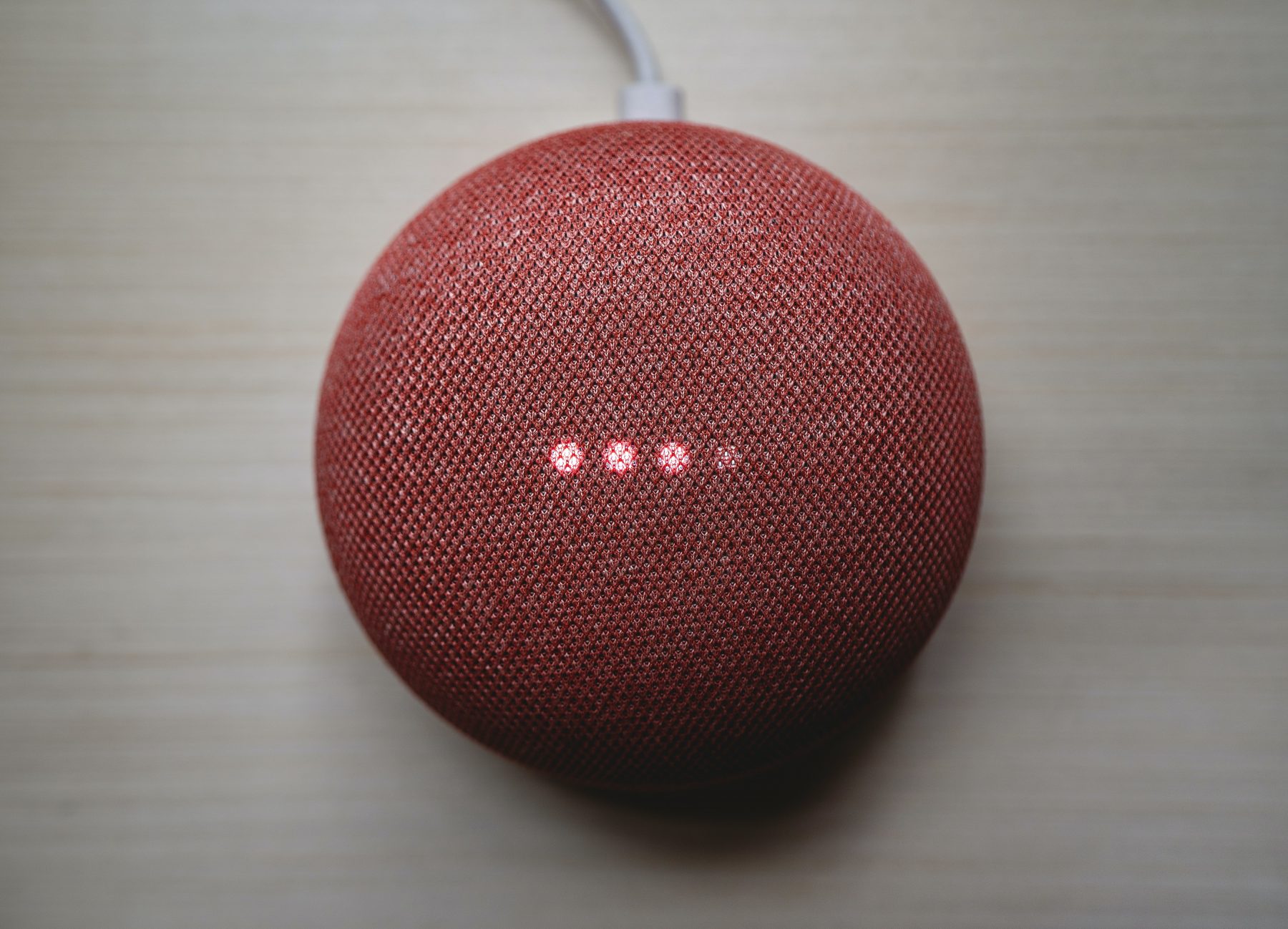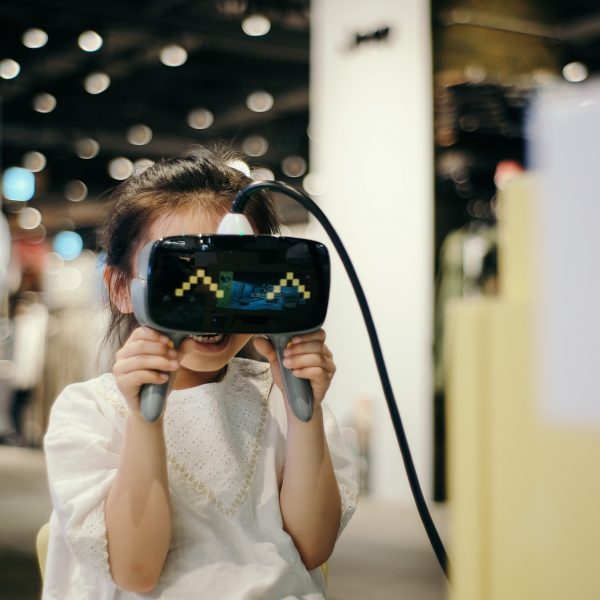Pavlova, Emma Wiggle and Google – what can this new initiative teach ECEC educators?

2020 has forced many organisations to rethink the way in which they communicate with their audience. Early childhood education and care (ECEC) organisations were not exempt, with many needing to pivot to delivering a program which would work with children who were attending services, as well as those who were attending virtually.
While ‘too much screen time’ has been a perennial debate for some years, in 2020 screen time became a vital way for children to stay connected to their educators, their friends, and to maintain a sense of normality and structure in what had become a very unfamiliar world.
Children’s entertainment group The Wiggles, who typically spend up to 80 per cent of any calendar year touring and doing live shows, also had to switch their delivery. In live shows, the reactions of children and families are instant, forming a very special two way conversation, which bridges the gap between the passive entertainment of watching a screen, and the joy of a live performance.
There are similarities between the experience of The Wiggles and those working in ECEC – after all, in many ways educators rely on “live” cues from children when they are singing, reading, or playing, adjusting their program and delivery to suit the needs of their “audience” – something which is challenging to achieve in a passive environment of pre-recorded content such as stories or guided experience videos.
Recently Sydney Morning Herald journalist, Tim Biggs, spoke with Emma Watkins (stage name Emma Wiggle) about a collaboration between The Wiggles, Google, and a culinary team on a new experience for Google Nest Hub smart displays.
Children are able to call out choices for pavlova ingredients, which are then integrated into song verses that The Wiggles are playing on screen (to the tune of Hot Potato). At the end of the song, the Google Assistant technology then presents a custom recipe to the account holder, so that they can create the recipe with their child.
In the event that the creations are a little fanciful, there is also a recipe for deluxe pavlovas inspired by each Wiggle.
Ms Watkins explained the importance of creating an experience whereby children could be meaningfully involved in a two way, customised exchange, given that the primary audience for The Wiggles is ‘pre literal’.
“The Wiggles tend to try and give the children a choice. So, even though you’re making a boundary in terms of how many choices you’re giving them, it does give them free play and a free moment to make that choice themselves, so they feel empowered to be part of the experience,” she told The Sydney Morning Herald.
Tips for ECEC educators when producing digital content
While many ECEC facilities will not have the technology and production values on par with children’s entertainers, there are some simple tips which can be employed when creating digital content to support children and families to remain connected during times of separation, such as the recent periods of “lockdown’:
- Make it meaningful – choosing stories and songs which have meaning to your individual context, and support children with worries, fears or questions they may have
- Make it short – children need a balance between passive and active engagement with screens. Keep each individual segment (story, song or other) short and to the point, and be sure to include action songs, or other prompts to get up and move
- Offer chances to interact – although it can be a challenge, opportunities to connect with children ‘live’ through applications such as Zoom will allow educators to meet children’s need to connect. If live isn’t possible, find ways to include children such as using all their names, reminding them of previous times you’ve been together, or sharing things they have sent to the service such as letters or postcards.
To read the interview from Mr Biggs, as published in The Sydney Morning Herald, please see here.
Popular

Policy
Practice
Provider
Quality
NSW Government launches sweeping reforms to improve safety and transparency in early learning
2025-06-30 10:02:40
by Fiona Alston

Quality
Provider
Policy
Practice
WA approved provider fined $45,000 over bush excursion incident
2025-07-01 07:00:01
by Fiona Alston

Workforce
Policy
Quality
Practice
Provider
Research
ECEC must change now, our children can’t wait for another inquiry
2025-07-02 07:47:14
by Fiona Alston













